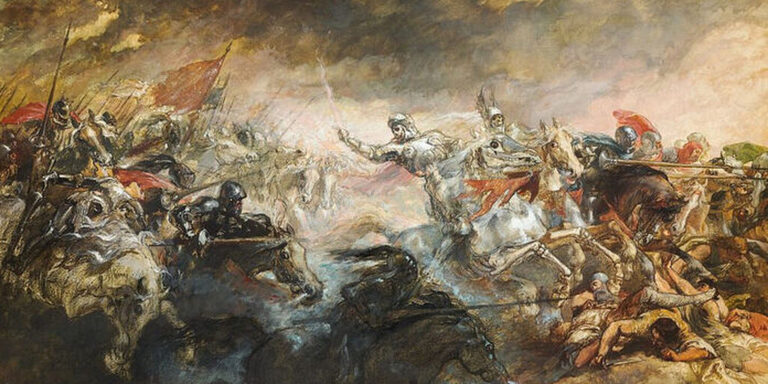
Moral Theology. Chapter 23Thus, neither the feeling of patriotism, nor the lawful universal love for one’s family and neighbor’s should be rejected or condemned—contrary to the false views of Cosmopolitanism.
On the statement of Righteous Athanasy of Mt. Athos and St. Equal-to-the-Apostles Cyril
It is apparent that the Christian patriotism, which was mentioned earlier, demands from each of us that we serve our country as much as we can. This service by man is accomplished, first of all, when he is occupied with certain government or social work. Of course, the value of this service is augmented if it is done unselfishly, independently of any material calculations or considerations. But man, at any rate, serves his country when he participates in its life, working and writing, in the press or during social elections and so forth. Here he must strive to bring his good to the entire society, to all the people and not to observe only his personal or party interests. Then his conscience will be at peace. Even if he does not achieve great social success, he will at least have honestly, in a Christian manner, fulfilled his duty of patriotism as a faithful son of his country.
As the proverb says, “a friend indeed is a friend in need”. In a genuine patriot, the love for his country and his people appears especially strongly during a time of national trials and calamities. Everyone knows how a person feels whose loved ones are seriously ill. He has no time for amusements and pleasures. In his grief and sorrow, he sometimes cannot even eat or drink or refresh himself with rest and sleep. Something similar must appear during national disasters in man if he actually loves his homeland, sincerely, really. If our heart is piled up from top to bottom only with our personal experiences and interests, if with our words we moan and sigh and our deeds stand apart from our words as “separate as the East from the West then”, then this is a poor love for our country!
One of the more luminous and self-defying podvigs in serving our country Is to die for our country, primarily during war. A Christian soldier defending his country and its sanctity clearly fulfills Christ’s commandment, “greater love hath no man than this, that a man lay down his life for his friends”.
Of course, war in and of itself is an unconditional evil, an extremely and deeply antithetical to the very basis of Christianity. It is not necessary to mention how comforting it would be if people stopped fighting each other and if peace would become established on earth. But sad reality says something completely different. Only some dreamers far away from reality and narrowly one-sided sectarians can reject war, so to speak, not allowing it to exist in real life.
Undoubtedly, those who point to the commandment, “do not kill”, justly say that war is a breach of this commandment. No one argues against this. However, we see from the Holy Bible that at the time that this commandment was given in the Old Testament, the Israelite nation was at war by God’s command and triumphed over its enemies with His help. We have already cited the commandment from the Old Testament that if a man speaks evil about his parents, he must be put to death; it follows that the commandment “do not kill” was not unconditionally applied to every instance of taking man’s life. This commandment only forbids personal retribution of one person with another by his personal decision and arbitrariness. Here is the text:
When the Lord in the New Testament clarified the deep meaning of this commandment, He indicated that it forbids not only murder, but non-Christian, vain anger in general. But He, the Lord, in a conversation with the Apostles about the last days, told them: “And ye shall hear of wars and rumors of wars: see that ye be not troubled: for all these things must come to pass, but the end is not yet.” These words of His about the inevitability of war refute the claims of pacifists that Christianity rejects war outright, not recognizing it at all and refusing to participate in it. Yes, we have already said that war is a negative human phenomenon. However, it has to exist sometimes as the sole means of defending the truth and the holy places and rights of people from capture, invasion and violence. Christian doctrine defends only wars in the name of justice and restoration of order and truth.
It is no surprise that the Book of Revelation speaks of a war in heaven, where Holy Archangel Michael and the angels defeated the traitor Devil and his followers. The life of Monk Athanasius the Athonite tells the story of Georgian prince Tornike Eristavi, who chose to defend his homeland in war despite being a monk. St. Cyril, Equal-to-the-Apostles, also emphasized the importance of protecting one’s neighbor in society. The example of St. Sergius of Radonezh blessing Prince Dmitry Donskoy for battle shows how participating in war can be a righteous act if done selflessly. A Christian warrior is closer to a martyr’s crown when they prioritize laying down their life for others over personal gain.
Source link

